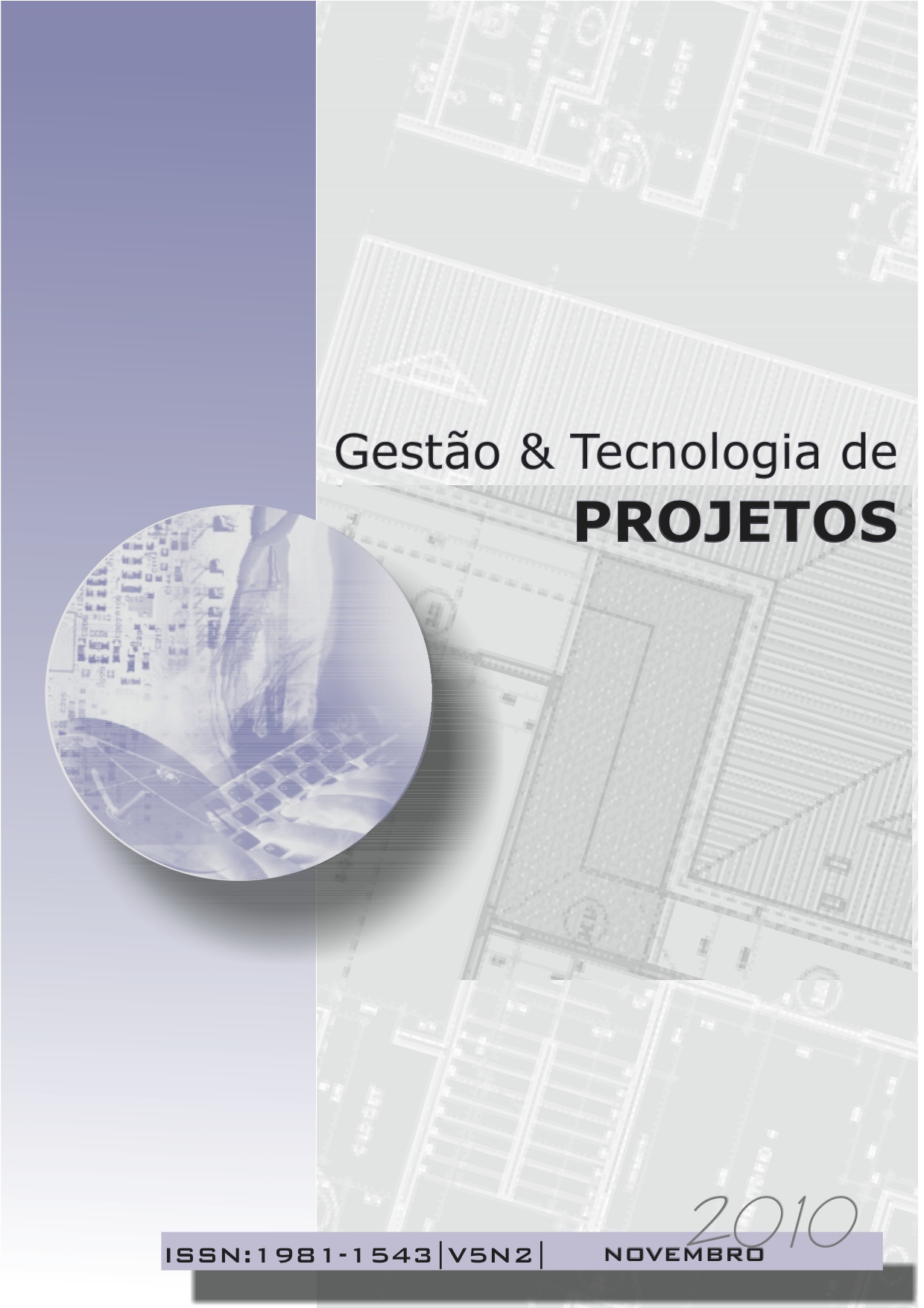INNOVATION IN CONSTRUCTION EDUCATION: THE ROLE OF CULTURE IN E-LEARNING
DOI:
https://doi.org/10.4237/gtp.v5i2.183Resumo
The effectiveness of e-learning depends on technological support, institutional culture, staff development and students' receptivity and learning behaviours. The relationship of e-learning culture and the issues of cross-cultural delivery is important when learners expect online interactivity. Positive learning outcomes and academic achievement are not linked only to online course communication. Students' learning behaviours also play a role in the overall success of e-learning implementation. Successful online delivery requires shifts, both in understanding and in behaviours, for the change in pedagogical curriculum development. This article proposes a research framework to investigate the current e-learning diffusion in construction-related programmes in UK's higher education and the effect of organizational (and/or national) culture on students' learning behaviours and e-learning effectiveness. DOI: 10.3763/aedm.2009.0109 Source: Architectural Engineering and Design Management, Volume 6, Number 2, 2010 , pp. 91-102(12)Downloads
Os dados de download ainda não estão disponíveis.
Publicado
11-11-2010
Edição
Seção
Resumos de Artigos Publicados "Architectural Engineering and Design Management"
Licença
Autores que publicam nesta revista concordam com os seguintes termos:
- Autores mantém os direitos autorais e concedem à revista o direito de primeira publicação, com o trabalho simultaneamente licenciado sob a Licença Creative Commons Attribution-NonCommercial-NoDerivatives 4.0 que permite o compartilhamento do trabalho com reconhecimento da autoria e publicação inicial nesta revista.
- Autores têm autorização para assumir contratos adicionais separadamente, para distribuição não-exclusiva da versão do trabalho publicada nesta revista (ex.: publicar em repositório institucional ou como capítulo de livro), com reconhecimento de autoria e publicação inicial nesta revista.
- Autores têm permissão e são estimulados a publicar e distribuir seu trabalho online (ex.: em repositórios institucionais ou na sua página pessoal) a qualquer ponto antes ou durante o processo editorial, já que isso pode gerar alterações produtivas, bem como aumentar o impacto e a citação do trabalho publicado (Veja O Efeito do Acesso Livre).
Como Citar
LIU, Anita; HODGSON, Geoff; LORD, Wayne. INNOVATION IN CONSTRUCTION EDUCATION: THE ROLE OF CULTURE IN E-LEARNING. Gestão & Tecnologia de Projetos, São Carlos, v. 5, n. 2, p. p. 207–207, 2010. DOI: 10.4237/gtp.v5i2.183. Disponível em: https://revistas.usp.br/gestaodeprojetos/article/view/50992.. Acesso em: 1 jan. 2026.








